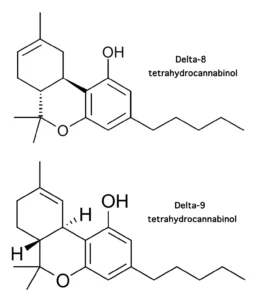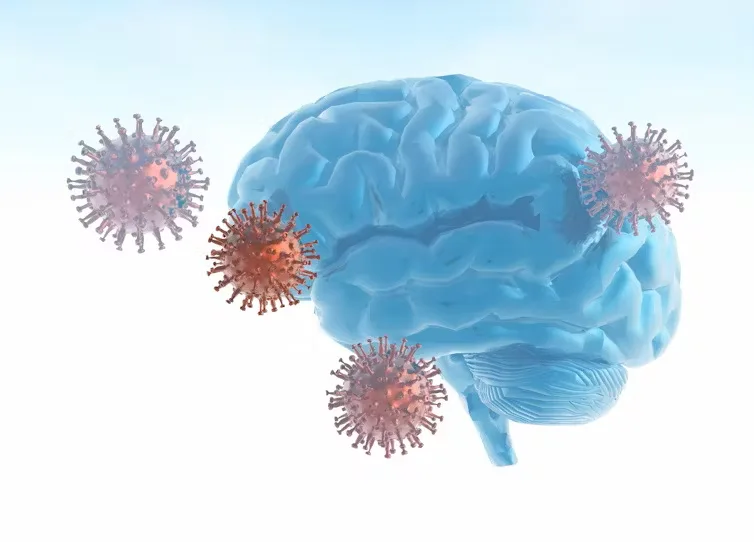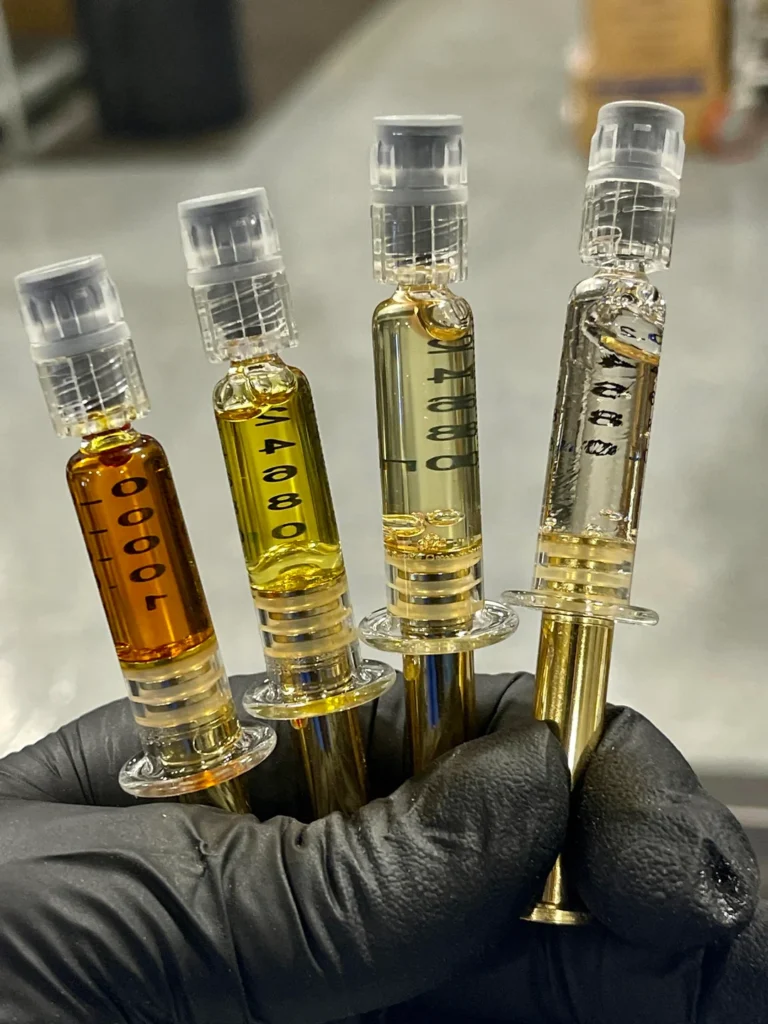How To Reverse The Effects Of Delta-9
Delta-9 THC, the primary psychoactive compound in cannabis, is known for producing a range of effects, from relaxation and euphoria to heightened sensory experiences. However, in some cases, Delta-9 THC can lead to unwanted effects like anxiety, dizziness, or paranoia, particularly if consumed in high doses or by individuals with lower tolerances. Knowing how to counteract these effects can be beneficial, allowing users to regain comfort and clarity without significant distress.
Recognizing the Effects of Delta-9 THC
The effects of Delta-9 THC vary significantly based on factors like dosage, individual tolerance, and the specific strain or product consumed. Typically, the psychoactive effects peak within the first 30 minutes to an hour after consumption and can last anywhere from a few hours to over six, depending on the method of ingestion. Common effects of Delta-9 THC include relaxation, euphoria, enhanced sensory perception, and in some cases, sleepiness or dry mouth. However, higher doses can lead to increased heart rate, nausea, confusion, and anxiety.
When the effects become overwhelming, it’s helpful to have strategies on hand to reverse or manage them effectively. Here are a few ways to address the situation calmly and restore balance.
Hydration and Calming Techniques
Drinking water is one of the simplest and most effective ways to help reduce the effects of Delta-9 THC. Hydration can alleviate common discomforts like dry mouth and may contribute to an overall sense of well-being. Sipping on water can also serve as a grounding activity, distracting the mind from any anxious thoughts and allowing the body to focus on something steady.
Alongside hydration, engaging in calming breathing exercises can significantly alleviate symptoms of anxiety and confusion. Techniques such as deep breathing or guided meditation can activate the body’s relaxation response, counteracting Delta-9’s impact on the nervous system. Slow, deep breaths can help control heart rate and signal the brain to shift out of a heightened state, calming the body and promoting clarity.

Using CBD as a Balancing Agent
CBD, or cannabidiol, is a non-psychoactive cannabinoid found in cannabis that often helps balance the effects of Delta-9 THC. Research suggests that CBD may interact with the same cannabinoid receptors as Delta-9 but has a moderating influence, potentially reducing feelings of paranoia, anxiety, and even dizziness associated with a THC high. If you have CBD products on hand—whether as an oil, tincture, or edible—using them in small doses may reduce discomfort, helping to ease the mind and body back to a comfortable state.
CBD’s calming properties make it an excellent option for those who frequently experience the adverse effects of Delta-9 THC. It’s also versatile and can be combined with other calming practices to create a holistic approach to reversing Delta-9’s effects.
Sensory Reset: Fresh Air and Movement
For many people, stepping outside for fresh air is an effective way to combat unwanted effects from Delta-9 THC. A change of environment can help shift focus, as the fresh air, natural surroundings, and gentle movement contribute to a sense of grounding and recovery. Walking slowly or even sitting outside in a familiar space can distract the mind and stabilize the body, reducing symptoms like nausea and dizziness.
This sensory reset is particularly helpful if anxiety or paranoia is prominent. Being in a well-lit, open area can naturally reduce feelings of confinement or disorientation, providing a safe space to regain clarity.
Rest and Sleep: Allowing Time to Pass
If other methods have not proven effective, rest or sleep may be the best way to manage the experience. Since Delta-9 THC’s effects naturally diminish over time, allowing yourself to lie down and close your eyes can offer comfort and stability. If sleep isn’t an immediate option, resting quietly, preferably in a familiar space, can calm the mind and body, speeding up the process of recovery. Avoiding digital screens and loud environments during this time can enhance the body’s relaxation, minimizing overstimulation and promoting a faster return to balance.
Resting or sleeping not only minimizes the negative sensations but also accelerates the natural metabolization of THC. In many cases, after even a brief nap or a period of relaxation, the effects of Delta-9 THC may be significantly reduced or fully alleviated.
Long-Term Considerations for Delta-9 THC Use
Experiencing overwhelming effects from Delta-9 THC can be a valuable reminder to evaluate your personal tolerance and consumption patterns. If the effects are repeatedly difficult to manage, consider using lower doses or opting for strains or products with a balanced CBD-to-THC ratio. Starting with smaller doses and allowing time to assess the effects can lead to a more controlled and enjoyable experience.
In addition, being prepared with grounding strategies, CBD, or hydration options can help prevent future discomfort and build confidence in managing Delta-9 THC effects. Taking proactive steps can make your experience with Delta-9 THC more pleasant, informed, and well-rounded.
Conclusion
Reversing the effects of Delta-9 THC is achievable through a series of practical, calming methods that focus on grounding the body, resetting sensory input, and prioritizing comfort. By staying calm, hydrated, and considering aids like CBD or fresh air, individuals can navigate the effects of Delta-9 THC with greater ease, restoring a sense of clarity and well-being. Having these strategies in place ensures that your experiences with Delta-9 THC remain positive, allowing you to enjoy the potential benefits without the worry of adverse effects.






